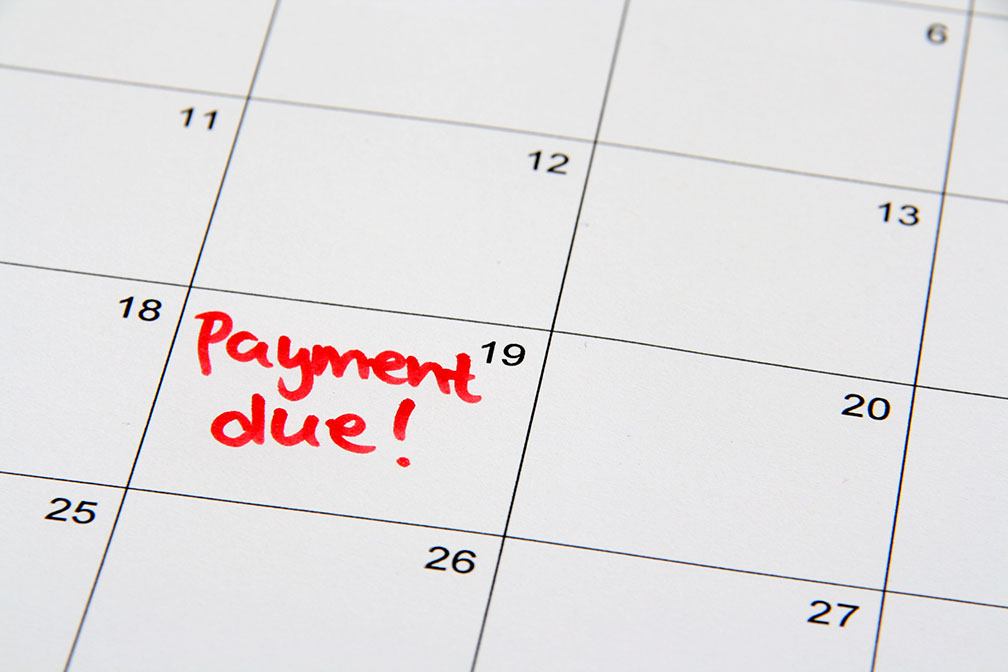Buying a New Home in a Hot Real Estate Market? Here Are 4 Tips You Will Need to Be Successful
 Are you in the market for a new house? In a buyer’s market, finding and closing on a beautiful home can seem very easy. However, if you are shopping when the market is hot, you may end up fighting bidding wars and losing your dream home to a competing buyer. Let’s take a look at four tips that you will need to be successful when house hunting in a hot local real estate market.
Are you in the market for a new house? In a buyer’s market, finding and closing on a beautiful home can seem very easy. However, if you are shopping when the market is hot, you may end up fighting bidding wars and losing your dream home to a competing buyer. Let’s take a look at four tips that you will need to be successful when house hunting in a hot local real estate market.
Tip #1: Do Your Research Ahead Of Time
It should go without saying that in a hot market you will need to move quickly. Making an effort to do all your research ahead of time will ensure that you do not have to later, once you’ve found the perfect dream home. Check in with your real estate agent to find out what paperwork and other material will be needed.
Tip #2: Get A Mortgage Pre-approval
Once you have found your dream home, you may discover that other buyers are interested or have submitted bids. In this case, it is crucial that you can demonstrate that you have your mortgage financing pre-approved. Remember that the seller wants to close their sale quickly and for the best price. Showing up with pre-approved mortgage financing proves that you are serious about buying their home.
Tip #3: Be Ready To Pounce (But Don’t Be Hasty!)
Speaking of being serious, it is essential that you are ready to pounce on the right listing. A hot market means that you won’t be the only potential buyer checking out a home. The last thing you want to do is find the right house, then end up losing the chance to buy it because of unnecessary delays.
Tip #4: Small Sacrifices Are Okay
The final tip to keep in mind is that sometimes you will have to make a small sacrifice to close the deal. For example, the seller may want some special terms added to the agreement. Alternatively, they might ask you to pick up some of the closing costs. Whatever the case, keep in mind that a hot market means that you lose a bit of leverage. If it’s a small sacrifice, it might be worth it.
Buying a house in a hot real estate market can be challenging, but a little preparation will go a long way in ensuring you are the winning bidder. When you are ready to buy your next home, get in touch with our professional team of mortgage experts. We are happy to help you find the right mortgage for your goals and financial situation.

 Are you the type of person that struggles with remembering to pay their bills on time? You’re not alone. People across the country regularly submit late monthly payments, inflicting terrible damage to their credit. Let’s take a quick look at how paying your loan or other monthly payments late can have a negative impact on your mortgage.
Are you the type of person that struggles with remembering to pay their bills on time? You’re not alone. People across the country regularly submit late monthly payments, inflicting terrible damage to their credit. Let’s take a quick look at how paying your loan or other monthly payments late can have a negative impact on your mortgage. Do you find yourself itchy and sneezing after an encounter with a friendly, furry dog? You are not alone. The CDC estimates that around ten percent of Americans suffer from allergies related to dogs or cats. But, of course, that is no reason not to enjoy the love of a dog. So, if you are ready to push your suffering aside and adopt a furry pal, below are a few breeds that are perfect for those prone to allergies.
Do you find yourself itchy and sneezing after an encounter with a friendly, furry dog? You are not alone. The CDC estimates that around ten percent of Americans suffer from allergies related to dogs or cats. But, of course, that is no reason not to enjoy the love of a dog. So, if you are ready to push your suffering aside and adopt a furry pal, below are a few breeds that are perfect for those prone to allergies.